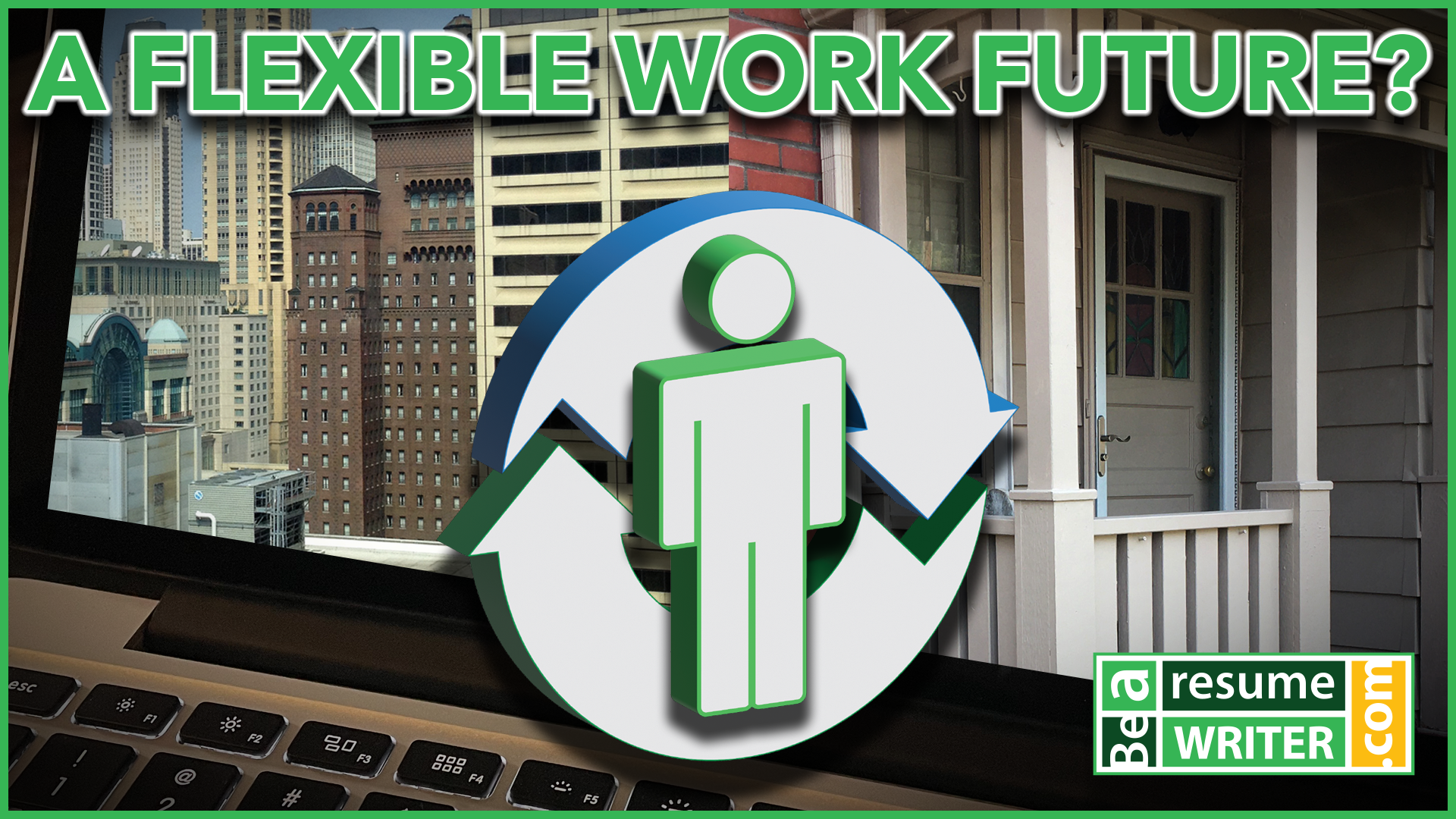
It seems like the “topic of the moment” among workers, jobseekers, and career services professionals is the future of work — is the pandemic-induced shift to remote and hybrid work the direction things are going, or is it a temporary blip brought on by unusual circumstances?
In our article titled “Remote Work Has Led to ‘Overemployment’ — Will it Impact the Job Search Process?”, we mentioned some of the professions that are more easily able to adapt to this sort of work structure. Knowledge workers in the tech sector and those in finance are examples of professionals who seem to thrive.
A recent episode of the “This Week in Tech” podcast (see video below) discussed hybrid work (prompted by a recent announcement by Microsoft about new hybrid work features being introduced in Windows 11).
In a lively discussion, the participants talked about the meaning of hybrid work and whether or not employers will be as flexible in the future.
YouTube creator Shawn “Doc Rock” Boyd mentioned the “results-only work environment” (ROWE) — a work philosophy that holds workers responsible for defined outcomes, not hours in the office or on the job.
A 2014 article in The Atlantic describes the concept as “essentially a salary-for-service model of employment. There are no vacation days. There are no ‘off’ hours or ‘on’ hours. There is only a defined task and a person or team who completes that task. It is up to the employees to determine how that happens, whether it’s from a coffee shop in mid-afternoon or in a closet-sized home office at 3 a.m. If the work gets done, they get paid. If it doesn’t, they get fired.”
On April 28, Airbnb CEO Brian Chesky announced a flexible work policy for the company, allowing most employees to work from home on a permanent basis. Chesky also wrote that employees can work and live in various geographic locales around the globe (170 countries — for up to 90 days — have been approved due to certain restrictions with issues such as payroll and taxes).
Airbnb’s new policy is “highly coordinated” and will prioritize “meaningful in-person gatherings” periodically so that employees will still have the opportunity to create the sorts of serendipitous connections that can be so important.
While such setups are intriguing and might become the norm in the future, there are certain companies that might be reluctant to embrace such novel structures in the near term.
Furthermore, if more workers have the flexibility of independent contractors, some employers might see “hybrid and remote models” as a way to reduce expenses in the long term — and we’re not just talking about the ability to save on things like office rent, equipment, supplies, and utilities.
It could also mean that employees are compensated as independent contractors in the future, meaning benefits like health insurance could become the responsibility of each individual employee (something that those of us who are self-employed navigate on our own each year).
A fairly new college grad in his twenties (who I am friends with) recently posted on Facebook that he was looking for a job. When I asked what type of employment he was looking for, he replied, “Something in marketing, where I can work from home Monday thru Friday... 9 a.m. to 5 p.m.”
While hybrid and remote work has increased in the Omaha market the past 24 months, for many businesses it was a temporary situation and many of those employees have been brought back to the office.
You have to be careful about navigating these waters with clients. Depending on the profession and geographic location, such demands by a jobseeker could limit the potential pool of jobs (something that could prove problematic if your client doesn’t have the necessary skills and experience to be an appealing candidate).
It is all part of the evolving environment career services professionals find themselves in as they craft résumés and LinkedIn profiles, prepare clients for interviews, and coach clients on the job search process.
It will be fascinating to see what trends develop in hybrid work over the course of the next decade.
